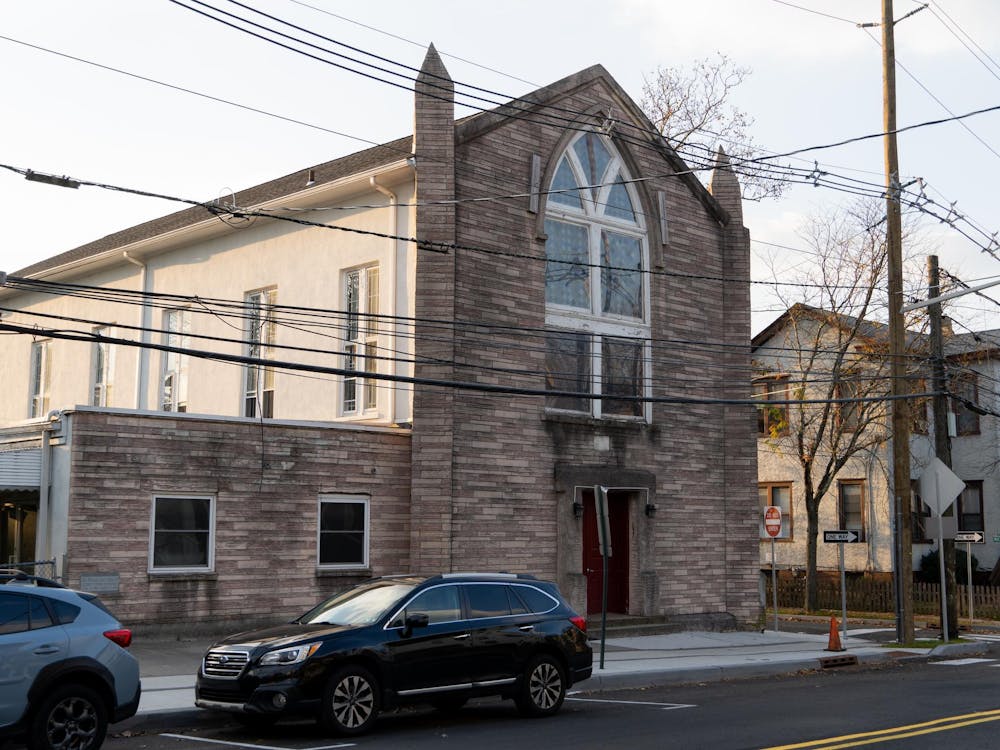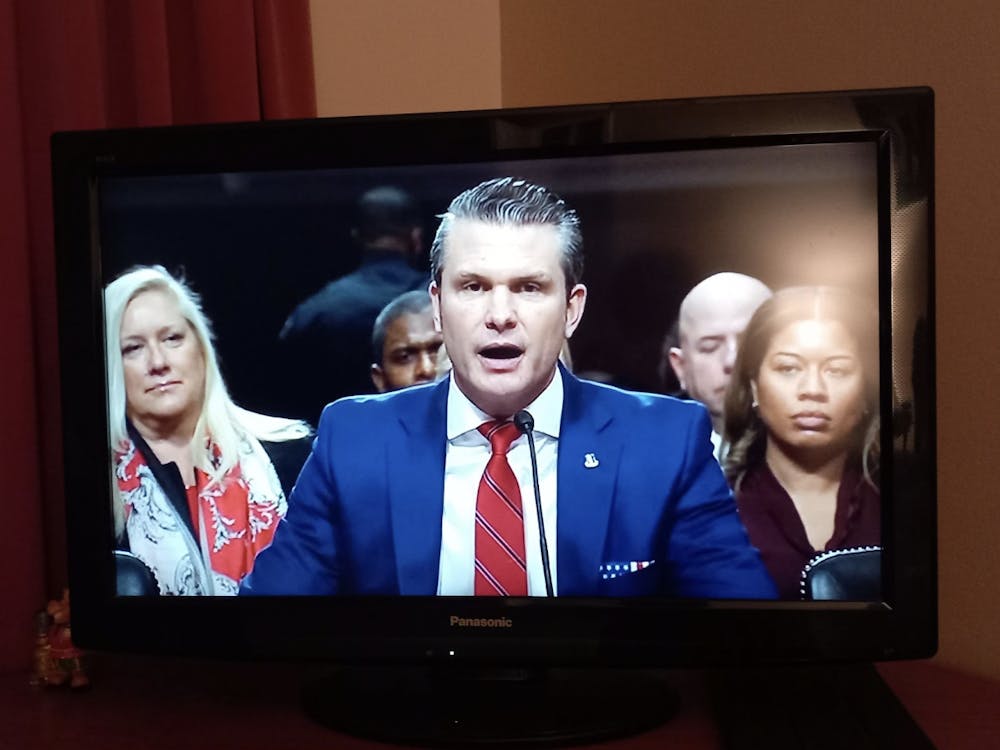Princeton is a place of hustle and bustle. The University teems with a palpable, unstoppable energy that knows no bedtime. Dangerously, the cultural pace of Princeton allows one to easily look past the everyday, micro-level emotional experiences of the University’s student body. But if one did look past Princeton’s superficial “never-stop-grinding,” always-moving-forward intensity, one would find a campus that holistically struggles with loneliness.
In October, Jessenia N. Class and Robert Miranda, two writers for The Harvard Crimson, penned an illuminating article about loneliness on Harvard’s campus. Class and Miranda assert in the first line, “Rarely do Harvard students talk about loneliness.” Shortly thereafter, they declare, “Yet loneliness is everywhere.” The article goes on to explore how Harvard’s academic and social culture often disables people from forming deeper relationships that could alleviate loneliness. I argue that such a situation is also present at Princeton.
A central cause of loneliness at Princeton is the nature of some social relationships on campus. From my personal experience, I can say with confidence that most students on this campus are caring, genuinely kind, and loving people. Sadly, these qualities are not always harnessed in our relationships.
As ‘Prince’ columnist Leora Eisenberg ’20 explains in her November article on friendship, Princeton students struggle to balance friends with everything else they must attend to. There are only so many hours in the day and deadlines and obligations do not change whether you invest in friends or not. Hence, friends — and even human interaction in general — frequently get pushed aside. But as Eisenberg confirms, friendship is vital for our general well-being and, thus, must be prioritized.
Loneliness is worsened by the fact that Princeton students, much like Harvard students according to the Crimson article, often fail to openly discuss loneliness. We fear being marked as disconnected, isolated, or socially unfit to be at Princeton and, therefore, we sweep loneliness under the rug, which, ironically, just perpetuates more loneliness. By not feeling comfortable candidly discussing feelings of loneliness, we become socially discouraged, less emotionally honest with our peers, and hence, even more lonely.
Likewise, some Princeton students truly long to have deeper relationships with friends and intimate partners, but they are too afraid of expressing the need for increased closeness. It’s hard to be vulnerable, especially at Princeton; therefore, many Princeton students trade vulnerability for the performance of being okay, even when they need greater connection with the people in their lives.
What is more, the acceptance of emotionally distant connections as “friendships” is dangerous, as it can lead to an attitude that views people as dehumanized parts of one’s social network. When friendships are thoroughly reduced in terms of their role in people’s everyday routine, they can easily default to connections with little emotional substance. Of course, some Princeton students have incredibly enriching and truly close friendships, which is wonderful. Others thrive primarily on their work, therefore not feeling the need to consistently prioritize friendships, and are completely comfortable with that choice. Nevertheless, there is a large cohort of Princeton students who are stuck in the middle — that is, people who want a deeper social connection but struggle to find it.
Clearly, then, something has to change. One could write a whole article about how Princeton as an institution should do more to facilitate a truly egalitarian and intimate social scene. To be fair, the University does seem to do its best to foster friendship on campus. Zee groups, study breaks, the Residential College system, and the institutional recognition of the eating club system exemplify the University’s general support of social connection. These initiatives, though, do not change the social culture on the ground — that is, on an everyday level. Such a fundamental cultural shift can only come from us, the student body.
As students, we must make active choices to make Princeton a more socially inclusive and less lonely place. Every day, we must prioritize a friend or simply a human being. Putting work aside for a little bit to talk with a friend about their day over coffee at Starbucks or a snack at late meal can make a huge difference. Similarly, taking a risk and communicating openly with people about the desire to be closer to them could be relationally revolutionary. Maybe that friend that you wish you could see a little more of would love to see you more as well; maybe they, too, feel a little lonely sometimes.
All in all, I do not have a concrete solution to combating loneliness on campus. But I do know that the problem exists and that something needs to change. Starting a robust conversation about loneliness and inclusion at Princeton would be a great start.
Samuel Aftel is a sophomore from East Northport, N.Y. He can be reached at saftel@princeton.edu.









